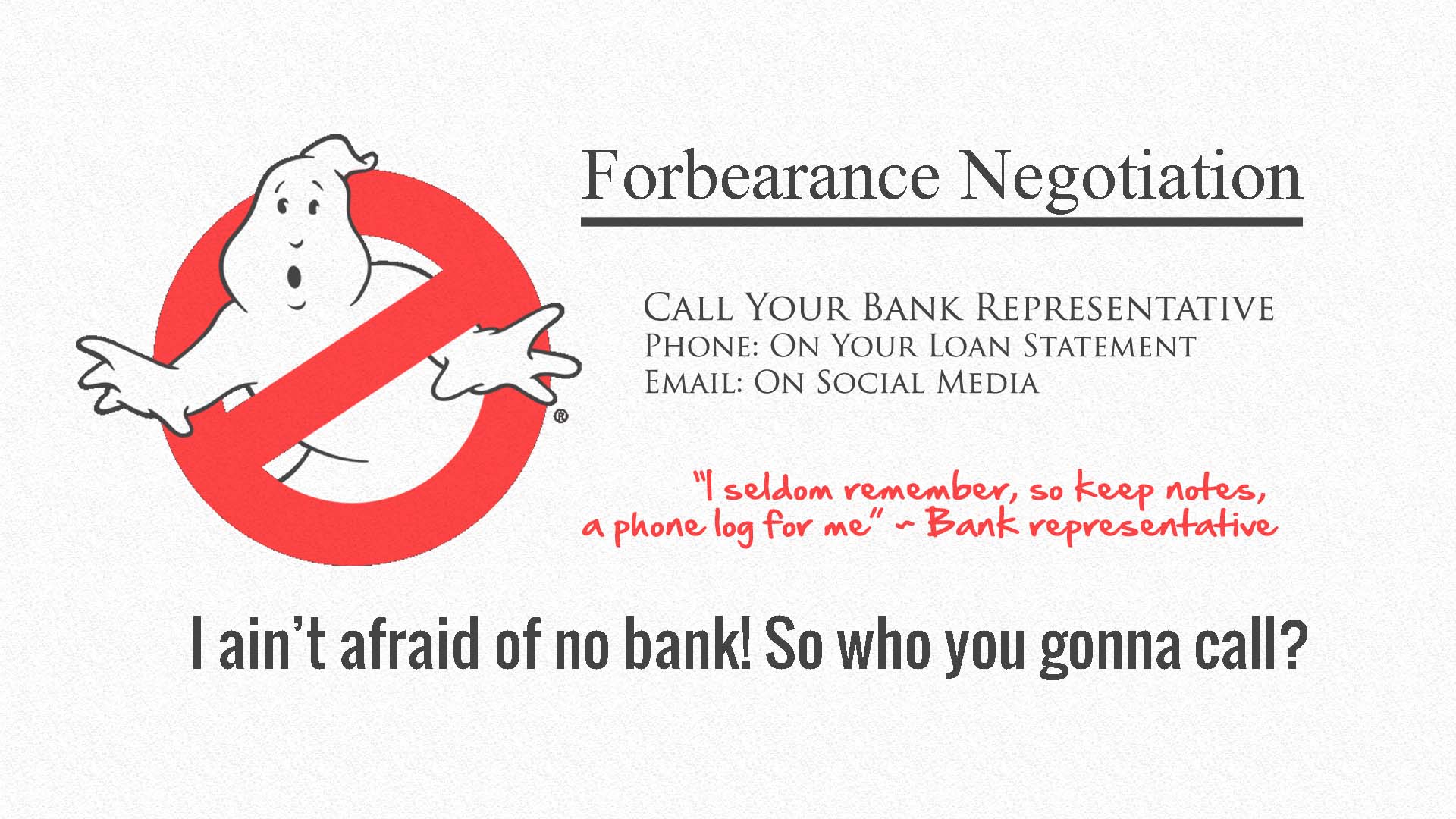 Years ago I took a listing only to hear, “I cannot make my loan payment”. There was around $70,000 in equity and the client was at risk for loosing it all.
Years ago I took a listing only to hear, “I cannot make my loan payment”. There was around $70,000 in equity and the client was at risk for loosing it all.
I encouraged her to explain her hardship to the bank and request a forbearance. That is, ask the bank to delay the foreclosure and forgive any potential penalties. The bank generously complied. We got the home sold and she got a check for her equity.
Things could have ended quite differently had she not spoke with the bank. They could have charged her a bunch of penalties or worse yet repossessed her home and taken all her equity.
How does the bank take back your home?
The bank repossession begins when you miss a loan payment. Arizona, gives you as little as 3 months before the bank can repossess via a Trustee Sale. Understanding the bank starts the process immediately is important.
The bank also keeps all your equity when they take back the home. Lawyers, bankers, real estate agents, and asset managers are involved at great expense.
These expenses are implied but typically not defined in your agreement with the bank (promissory note or deed of trust). These expenses do not benefit you so herein lies a issue for the bank. When you miss a payment they incur these undisclosed expenses. Those expenses can be precarious to recoup should you resume payments.
This gives you leverage to negotiate with the bank. Especially if you have intentions to pay the loan off in a sale or simply resume payment in a few months. The bank is insured against losses should you default (fail to pay back your debt). However, banks are in the business of lending money not foreclosing on homes. Ultimately, they want to help you in that regard.
Who do I talk to at the bank?
Start by calling the phone number on your loan statement. Every bank has different names for the department you will need to speak with. Ask for somebody who can discuss a forbearance plan. The representative may have no idea what you are talking about. Call until you get somebody who understands or ask for their manager. The department they refer you to maybe called (1) loss mitigation, (2) loan modification, (3) loyalty department, or your bank may call the department something different.
Make sure to keep a Phone Log. Keeping a phone log makes it much easier to manage the bank where you may get a different person each time you call. Here is what you need to keep in your log:
- Date, time of day, and time zone
- Phone number you called
- Phone extension and or options from phone menu
- Name of person you spoke with
- Notes on what you discussed
- Follow up actions they prescribed
Communicating with Social Media: sometimes you can get through on social media. Look for your bank’s Facebook and or Twitter account. Post a message directly on their wall for help. You can also Private Message them. Be to the point yet vague in details so as to protect your identity. Your goal is to get contact info for someone at bank who can help.

Many clients are scared to negotiate with their bank. Phone calls do not get reported to credit agencies. Banks do not have intentions to take advantage of your hardship. Sometimes we’re too proud to ask for help. I could empathise with that. However, put your fears and pride aside. You have nothing to loose and everything to gain.
The goal is to have the bank stop the clock for a few months. Negotiate a forbearance so you can overcome your hardship. Payments will resume after your forbearance expires. You want them to resume with no late fees, no penalties, and if possible nothing reported to the credit agencies. The bank may have to report any missed payments to the credit agencies regardless. It doesn’t hurt to ask they do otherwise though.
The bank may also ask for supporting paperwork to verify your hardship. Have your financials handy, (1) tax returns & W2 or 1099 (2) pay-stubs, (3) even bank statements. Hand-write an explanation of your hardship. Typically they want a couple months of this stuff and 2 years tax returns so keep all of these items in a file should you need them.
The bank may present your forbearance offer verbally. Write down the name of the person who provides you that offer. Then confirm the bank is executing the forbearance plan through careful monitoring of your monthly statements.
Can you negotiate with the bank for me?
I would love to help you with this but it is a grey area. I am Real Estate Agent not a lender. These are two different licenses. Lenders can negotiate loans, I cannot. Additionally, it represents a conflict of interest for lenders. Essentially you are asking to renegotiate an already agreed to contract with the bank.
It is actually easy to negotiate a forbearance plan. Be persistent, keep pestering the bank. There is nothing to loose.
Selling a home is seldom straight forward. There are numerous surprises, least of which maybe negotiating with your bank. Let’s start this conversation now so I can understand your specific needs and prepare a plan before the clock runs out.